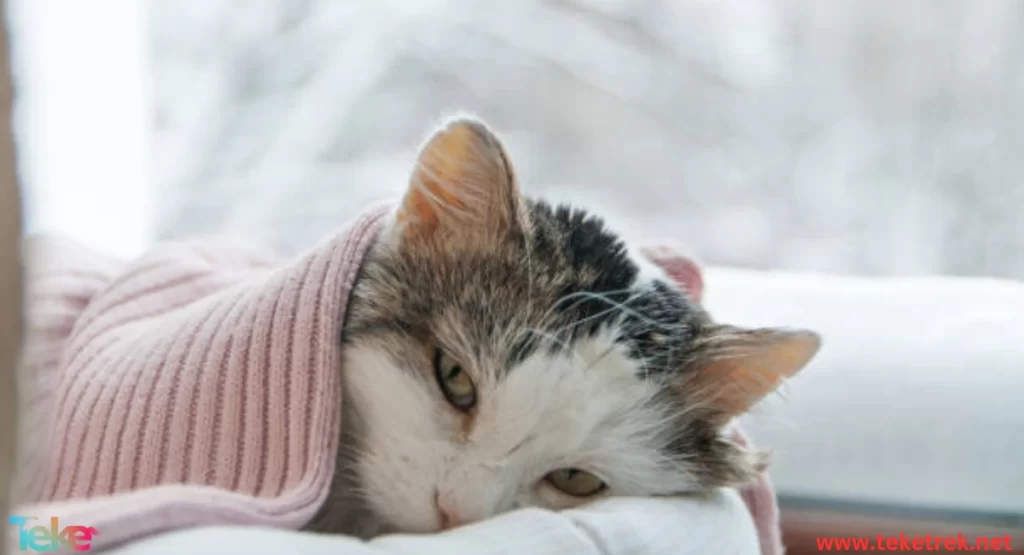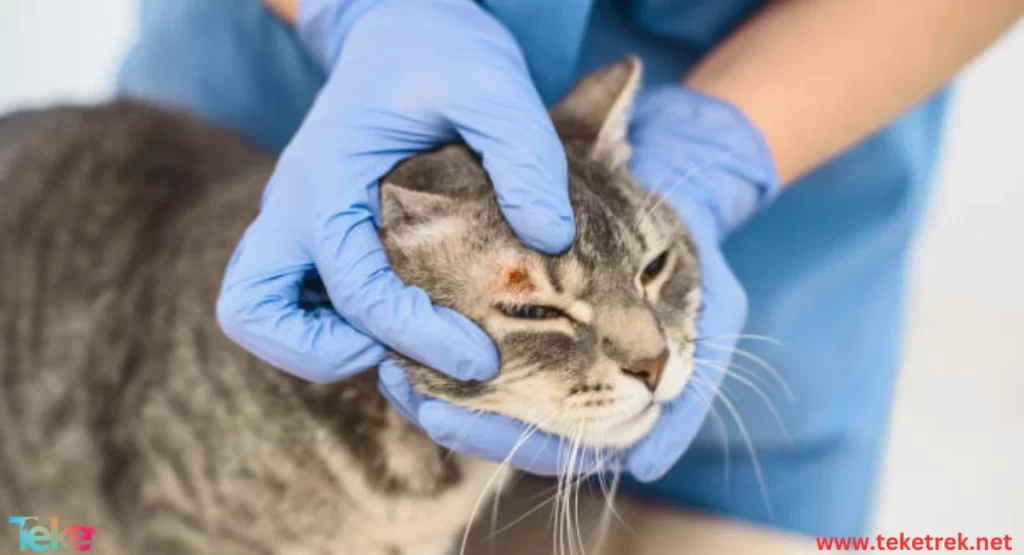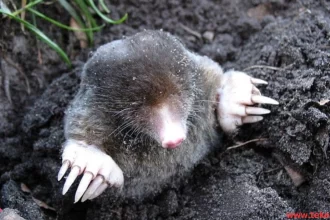Psychological and physical disorders in cats are vital topics that demand the attention of pet owners and caregivers alike. Despite their naturally independent nature, cats can suffer from health and psychological issues that significantly impact their behavior and overall well-being. These disorders range from anxiety and depression to physical conditions like obesity or chronic diseases, requiring a deep understanding of these fascinating creatures. This article from teketrek explores the causes and contributing factors to these disorders, as well as potential diagnostic and treatment methods, with the goal of improving cats’ quality of life and promoting their welfare.
Causes of Anxiety in Cats and How to Treat It
Cats may exhibit sadness or anxiety for various reasons, such as changes in their environment or routine. Addressing these issues effectively requires understanding the underlying causes.

Loss of a Family Member
Just like humans, cats can grieve the loss of a family member. For example, if your cat had a close bond with your dog, the death or departure of the dog might leave your cat appearing sad and withdrawn. This behavior is usually temporary, and your cat may recover with time and attention.
Disruptions in the home environment, such as construction or renovations, can also cause feelings of sadness in cats.
Injury
Cats may feel depressed if they experience an injury that limits their ability to engage in activities they once enjoyed. This is a common source of feline depression and requires patience while the cat recovers, as well as support in restoring their happiness during this period.
Illness
A cat’s poor mental state can indicate an underlying health problem that requires a veterinary check-up. Diseases like fatty liver disease, dental issues, upper respiratory infections, ringworm, or cancer can affect a cat’s mood. Proper medical care and regular follow-ups are necessary for recovery.
https://teketrek.net/ray-fish-species-food-life-cycle-most-important-facts/
Ways to improve your cat’s mood:
- Playtime: Regular play helps reduce aggression in depressed cats and fosters a positive attitude.
- Gentle interaction: Cats enjoy affection from caregivers. A light touch on the back of the head or under the jaw can calm an anxious cat.
- Catnip: Catnip, a plant in the mint family, contains a natural oil called nepetalactone, which induces a brief sense of euphoria in cats when they rub or chew it.
- Consult an expert: A veterinarian can offer professional advice and solutions for treating feline depression effectively.
https://teketrek.net/lampreys-cat-species-food-life-cycle-most-important-facts/
Why Do Cats Experience Depression?
Here are some of the common causes of depression in cats:
- Environmental changes: Moving to a new home can be stressful for a cat, leading to feelings of sadness. Familiarity with the new environment can help alleviate these feelings over time.
- Unfamiliar situations: Exposure to unfamiliar circumstances can temporarily depress a cat. Positive reinforcement and affection from the owner can help improve the cat’s mood.
- Changes in routine: Alterations such as moving their feeding or litter box location can impact a cat’s psychological state. Cats often need time to adjust to such changes.
- Harsh treatment: Physical punishment from adults or children can worsen a cat’s mental health. Training cats requires patience and kindness without resorting to harmful methods.

FAQs
Why do cats suddenly become aggressive?
Sudden aggression in cats can stem from multiple causes, such as misaligned feeding schedules that conflict with their natural instincts. Feeding your cat right before bedtime may reduce aggressive behavior. Additionally, health issues such as pain, discomfort, or illness can increase anxiety and lead to aggression.
Why does my cat seem restless?
Behavioral disruptions in cats may result from factors like separation anxiety, changes in the home environment, or physical health problems. Restlessness often indicates a specific trigger, whether visible or subtle, and reflects the cat’s response to negative stimuli impacting their psychological state.
Psychological and physical disorders in cats represent a significant challenge, not just for the animals themselves but also for their owners. Understanding your cat’s needs and monitoring their behavior carefully is essential, as these can be indicators of sadness or discomfort. Let’s work together to ensure our cats’ well-being, improving their mental and physical health while strengthening the beautiful bond we share with them.





